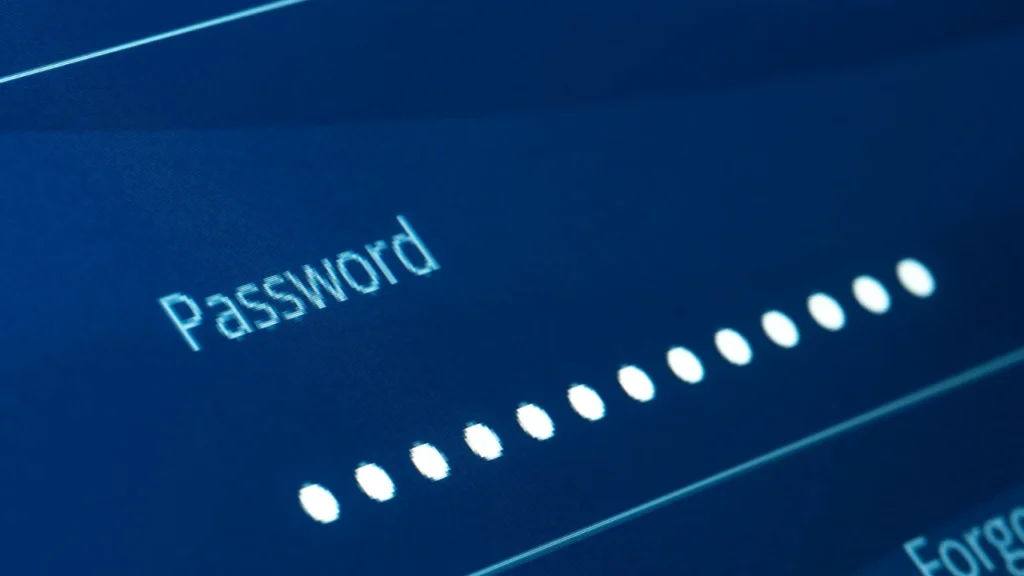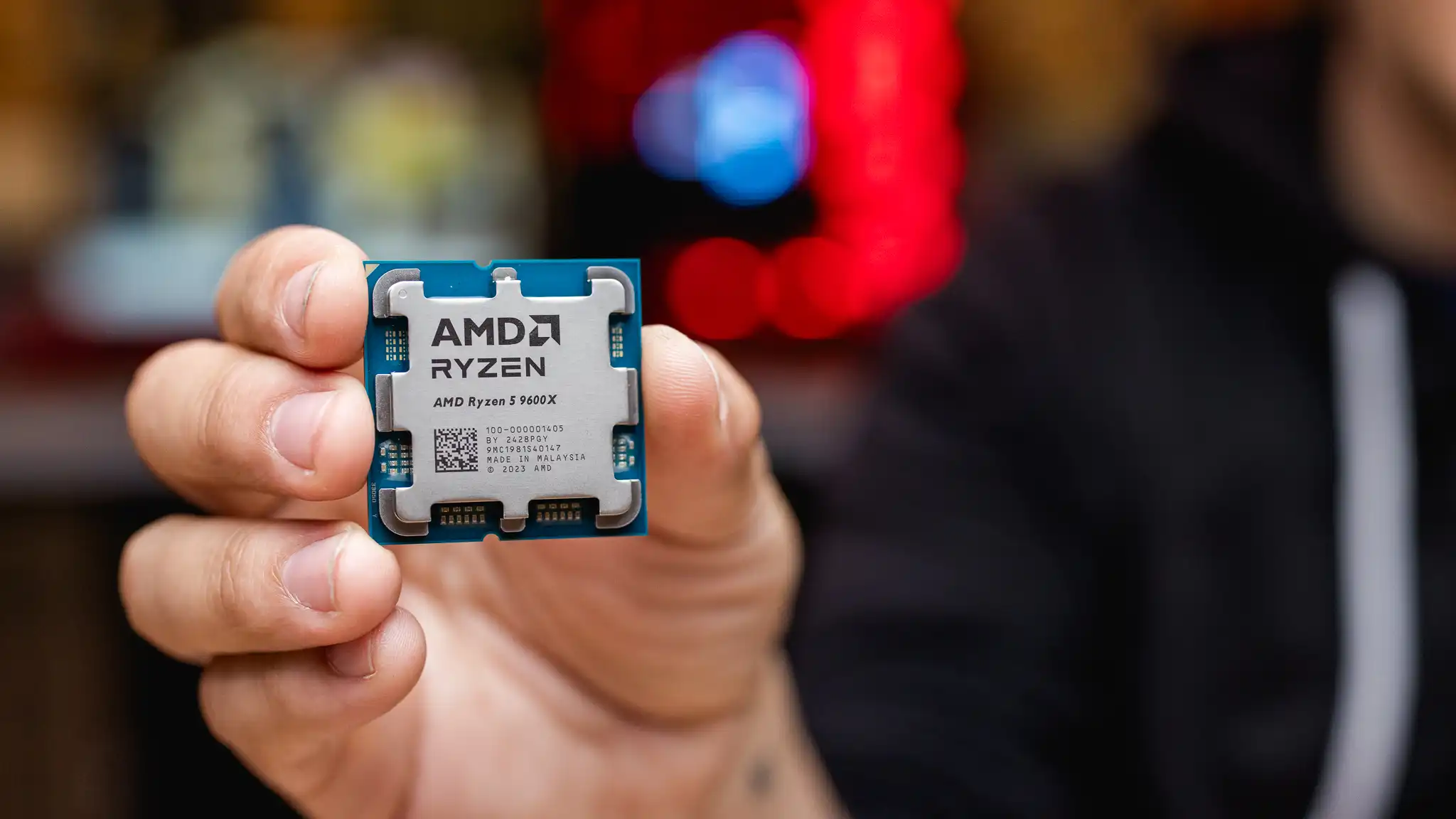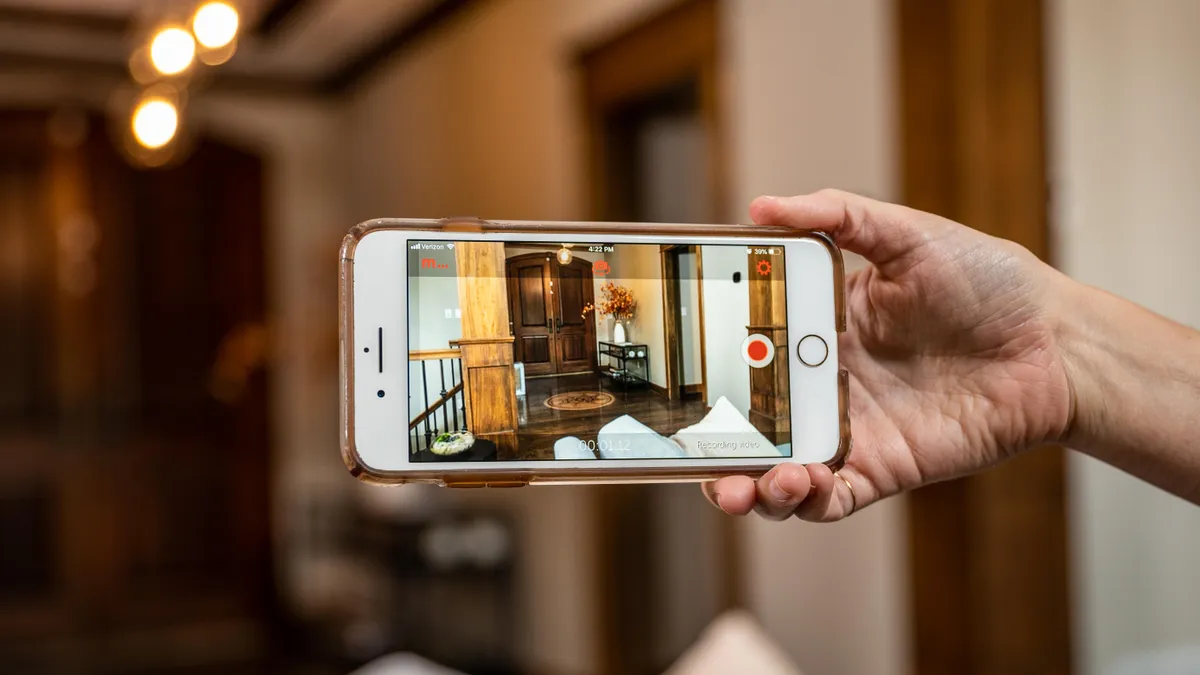
In the world of cybersecurity, we often focus on complex passwords, but don’t overlook the humble PIN. Though it’s typically just four digits, it’s crucial in protecting vital aspects of your life — from your bank account and smartphone to your home security system. Unfortunately, many people still use weak PINs that are easily guessed by hackers, and chances are, you might be one of them.
A report by Australian Broadcasting Corporation (ABC) revealed shocking trends in 29 million hacked or leaked PINs, hosted on the HaveIBeenPwned site. Almost one in 10 people use the same simple four-digit PIN, and the most common one? 1234. This reveals how predictable and insecure many PINs are. Other popular codes include 1111, 0000, and 1986, all of which can be easily guessed by someone with even basic knowledge of human behavior.
You can find a comprehensive list of the top 50 most common PINs in ABC’s article, which presents the data in an interesting and easy-to-follow visual format. Incredibly, even weak, repetitive combinations like 2222, 4444, and birth years like 1984 remain popular, putting millions of people at risk.
With around 10,000 possible combinations for a four-digit PIN, relying on common codes like these is a significant security risk. Even worse, using 123456 as your six-digit PIN is equally problematic. So, what can you do?
The solution is simple: upgrade your PIN. You can use a password generator to create a random code and update it accordingly. This task becomes easier if you use a password manager. If you don’t use one, consider getting one for better security management. Otherwise, simply choose a PIN that’s random but meaningful to you, such as the day you met someone important (just be sure no one else knows this information).




